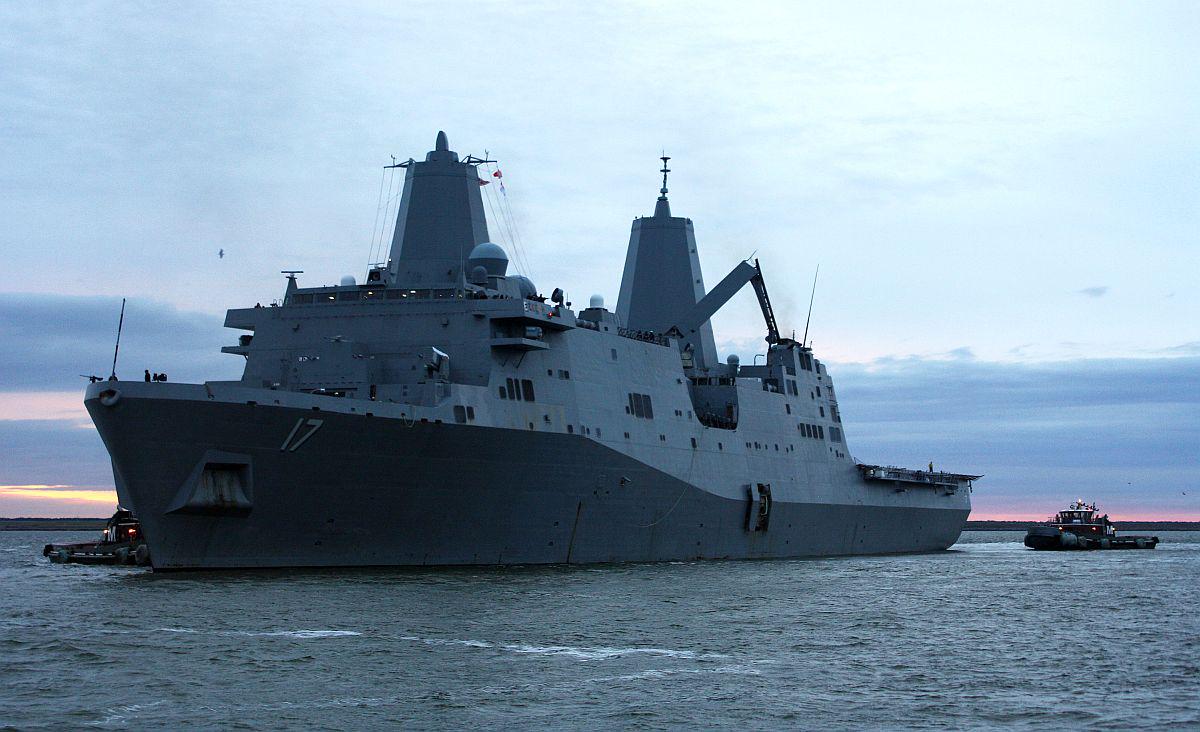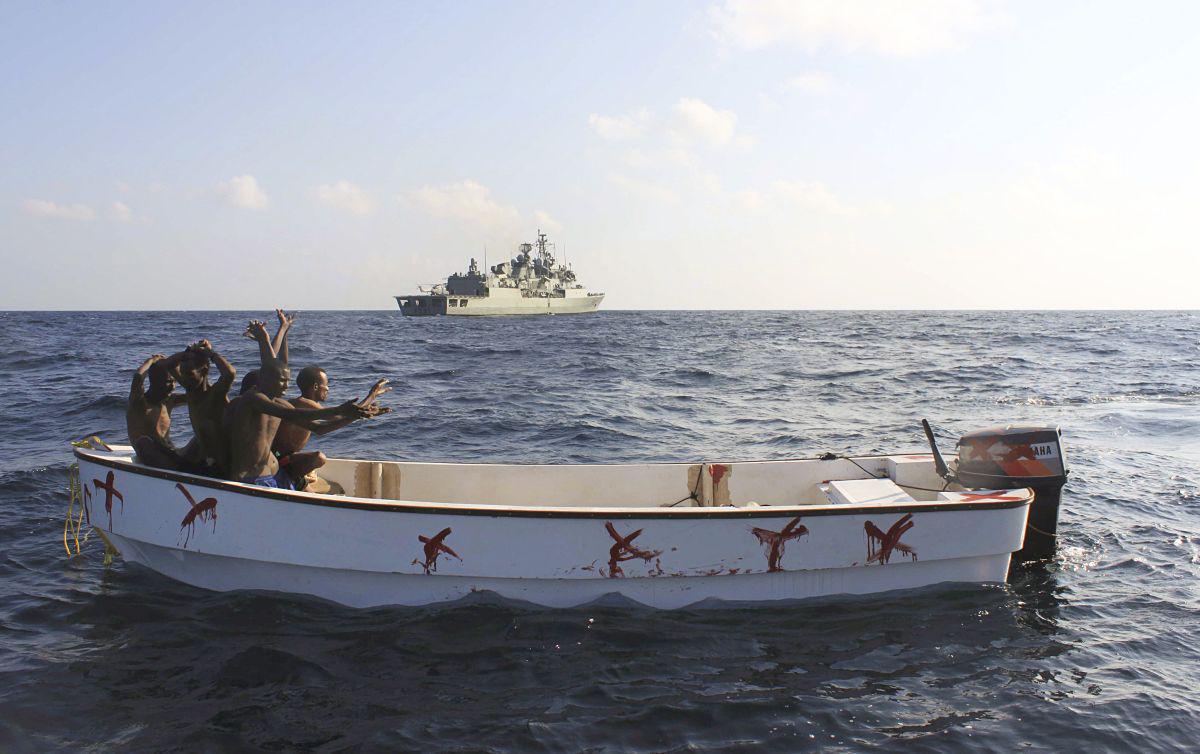

Did you get a job immediately?
Yes, I got one immediately and also nowadays young graduates get jobs straight away. At that time, the majority of us – then young people – were employed in Yugoslav naval companies, but now there are many opportunities for Slovenian seamen to get employment abroad. If I remember correctly, in my generation there were 54 people in the nautical department and 47 in the engineering department. I got a job immediately after graduation, starting my career as a second deck officer on the ship Litija. I passed my examination as ocean-going master with the Harbour Master’s Office in Koper in 1977. I was very lucky in my career. The first ship under my command was the Postojna, which I took command of in 1980. Until my retirement in December 2006, I sailed the seas on different ships for Splošna Plovba or its subsidiary company Genshipping Corporation. I was one of the few of my generation who spent all his professional career navigating the seas, and working for a domestic ship-owner too, which I am particularly proud of. I was a captain for 27 years and spent 30 years at sea.
You had a successful career. Do you think that the profession of a captain is a demanding one?
I always enjoyed the profession. But of course every profession has its difficulties. In a naval profession, one is often away from home, but this is a characteristic of the profession one gets used to. I do not regret taking up the career, despite the fact that sometimes I was at sea for 18 months. Times were different then. We were at sea on smaller ships and the crew number was higher in that time. When we landed at a port which was close to home, the odd seaman would made a quick visit home. We agreed on almost everything and got along very well with each other. Nowadays, the majority of employment contracts are signed for only six or seven months. If I am not wrong, the shortest employment contracts for the cargo ships of Splošna Plovba are concluded for four months.
As a captain, your were responsible for all the crew, navigation strategy and communication with the company. This was a great responsibility. How did you tackle the challenge?
Prior to becoming a ship’s captain, I did all the jobs there were. To gather experience, I had to take on the dirty work as well! I believe this is very important. The captain is responsible for everything. In my opinion, modern nautical navigation relies on sophisticated devices too much. I believe that the captain of a ship must, first and foremost, be very well acquainted with classical nautical tools and have a sound knowledge of navigation without using electronics. Accidents will always happen, of course – one cannot foresee everything. It is important to be able to communicate appropriately with the company as well as with the crew. Mere technical knowledge is not enough: communication skills are also needed. One cannot learn communication skills all at once: it takes some time to master them. But without such skills, one cannot succeed. Mastering these skills takes about two years. In a certain sense, my generation was a pioneering one, but I would like to note that Splošna Plovba provided us with a very solid foundation. We worked on cargo ships.
Did you ever encounter pirates?
Yes, we did. On one such occasion we locked ourselves in the so-called safe room and tried to reach an agreement with the unwelcome guests. Usually pirates just want to get their hands on the cargo. Luckily, I never found myself in serious danger during my career. Of course piracy remains a problem, in particular in Africa.
You are still very active in your profession. You encourage more young people to decide on this career.
Yes, I try to be active. I wish more young people would recognise this profession as a profession of the future. In this field, Slovenia has a lot of experience: it is a maritime country and its schools and teachers are distinguished by their great expert knowledge. In this profession it is possible to get a job immediately after graduation, which is a great advantage in the present situation. To the best of my knowledge, Japan and other countries are very interested in our graduates. However, I also believe that in this profession more attention should be paid to the knowledge of foreign languages. In addition to English, a seamen should have at least a passive knowledge of Spanish. Italian and German, which are spoken by many Slovenians, are not global languages, but Spanish certainly is.
How do you assess the future of this profession in Slovenia?
In particular, the young should be more encouraged, including with grants. I was lucky, as my father was a ship’s captain and my family had enough resources to finance my studies. Unfortunately, not everyone is so lucky. The profession is beautiful indeed. I saw a lot of the world and met many interesting people. But it is also true that in the past it was better appreciated and that we enjoyed more privileges.
I am very pleased that women captains are deciding to take up the profession. In my opinion, the future lies in large tankers and also in passenger ships. Slovenia should adapt to these trends. From the expert’s point of view, Slovenia has a very good starting point and should be more aware of it. According to the information I have, Europe currently has a shortage of approximately 50,000 seamen. Shipping is a driving force of the world’s economy and therefore it is a great opportunity for Slovenia. A seaman is the best export Slovenia can offer to the market, and therefore he should be well educated and trained.
You are also the President of the Association of Shipmasters and Chief Engineers in Maritime Transport of the Republic of Slovenia. What are you involved with?
The Association of Shipmasters and Chief Engineers in Maritime Transport of the Republic of Slovenia enables its members active participation in all the most important decisions for its members related to professional and social issues. Special attention is paid to provision of legal and solidarity assistance and the Association frequently works with the Faculty of Maritime Studies and Transport. We, the older generation, like to share our experience with the young. The Association also extensively cooperates with the Confederation of European Shipmasters’ Associations (CESMA). In a certain sense, Slovenia represents a bridge between the Southern Balkans and the rest of the Europe, which is a great responsibility for us.
Tanja Glogovčan, SINFO

































































